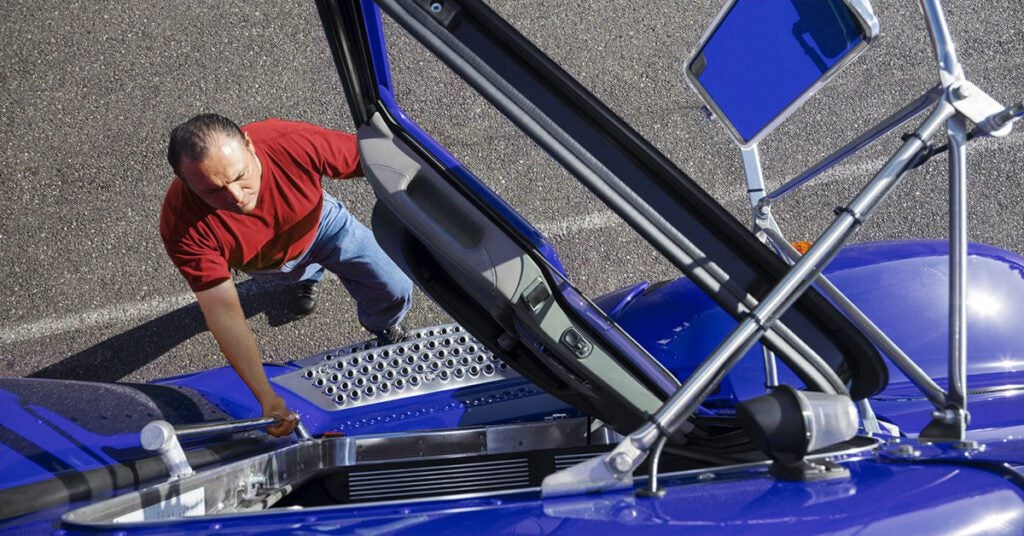A good dispatcher is both diplomat and den mother. But many dispatchers get little, if any, formal training beyond how the phones and computers work. It’s odd considering that dispatching is the one job where a person can be in contact with drivers, customers, salespeople, and management — sometimes all on the same call.
If you manage dispatchers, here are three steps you can take to give dispatchers the perspective they need to do their job:
1. Put them on the road: Make a road trip a mandatory part of a dispatcher’s training so he can see first-hand the hornets’ nest truck drivers are sent into. Dispatchers will have more respect for your drivers after they’ve seen what an icy highway or stop-and-stop traffic looks like from a cab, or they’ve spent the day at a truck stop waiting for a call.
Conversely, drivers should sit at the dispatch desk for a day or two.
2. The buck stops with you: Dispatchers find themselves acting as messengers between drivers and the customers, each with their own agendas. As a fleet manager, what’s your agenda? Make sure dispatchers, drivers, and customers understand your priorities when it comes to safety and compliance.
When a dispatcher is trapped between the “wants” of a demanding customer and the reality of what’s happening on the road — weather, traffic, etc. — he needs to know from you that it’s better to drive in late than not at all. Give dispatchers the authority to explain this to customers, and back them up when they have to make that call.
3. Step in early: Act quickly to de-escalate conflicts. Bad relationships can lead to rotten assignments and bitter drivers. The primary goal is to build trust and mutual respect between your drivers and dispatchers. In the process, they’ll also come to trust and respect you as a manager.
What works for you?
What have you seen fleet managers do to improve the relationship between drivers and dispatchers? Let us know in the comments below.


